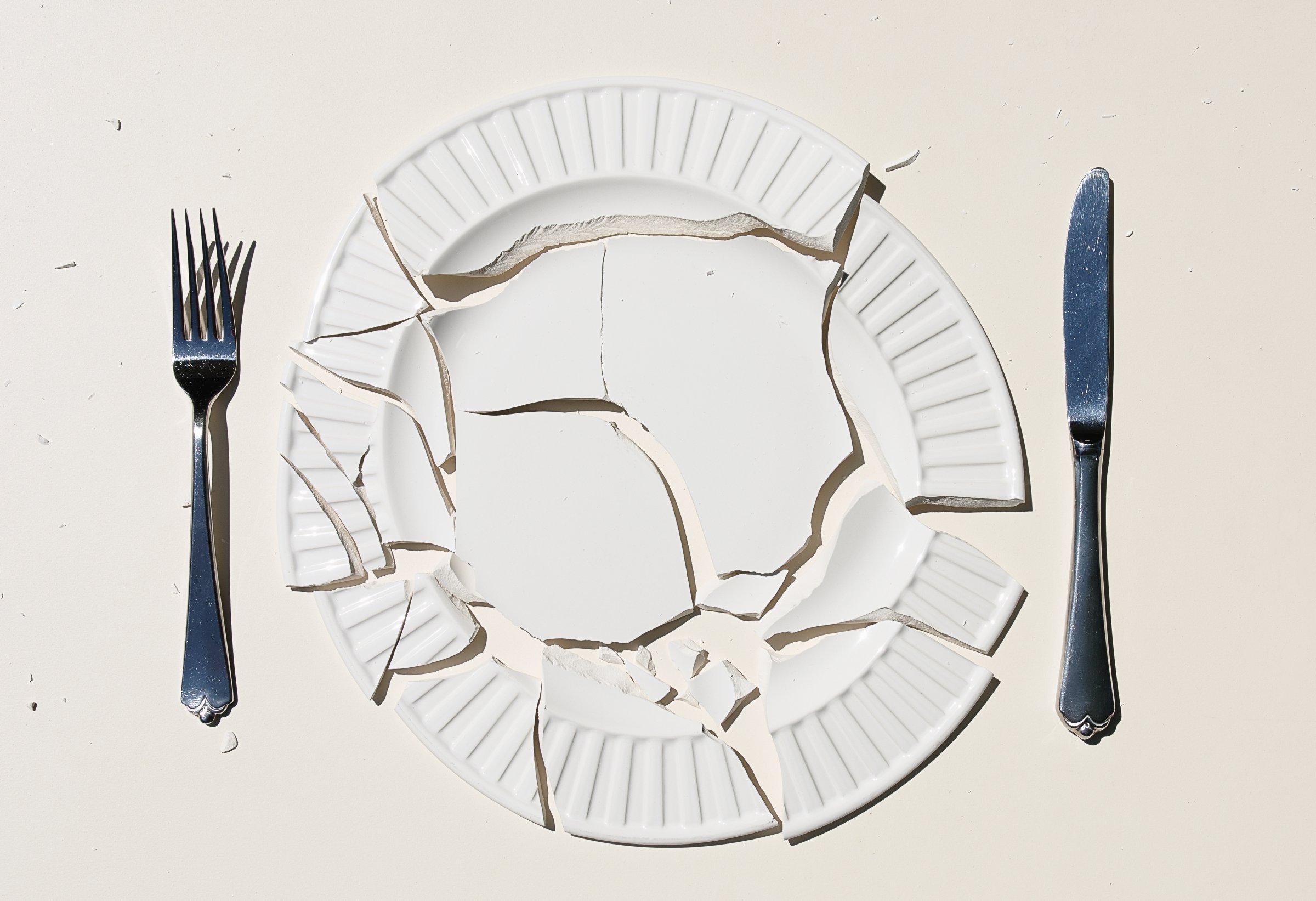
According to the National Coalition Against Domestic Violence, a woman is beaten or assaulted in the U.S. every nine seconds. One in three women will face domestic violence at some point, according to the Centers for Disease Control and Prevention, and the actual statistics may be even higher since domestic violence survivors are often reticent to admit to their abuse.
The after-effects of domestic violence impact thousands of Americans each day. From post-traumatic stress disorder and low self-esteem to suicidal thoughts and a pattern of unhealthy relationships, domestic violence can affect its male and female victims for a lifetime. Sadly, myths about domestic violence continue to shield abusers from the consequences of their actions as they enable our society to continue blaming victims.
These myths harm all domestic violence victims—which is why I’d like to set the record straight on three of the biggest misconceptions out there.
MYTH: If someone acts “fine,” they can’t be a domestic violence victim
Not all domestic violence victims act the same; they’re people just like the rest of us. Sometimes they’re happy, and sometimes they’re not. Domestic abuse doesn’t remove the right to have fun with friends, and it certainly doesn’t eliminate a victim’s personality.
Moreover, victims often have a strong incentive to behave as if everything is fine since abusers often see discontent as betrayal. It’s possible to find pictures of almost every domestic abuse survivor smiling with his or her abuser. That doesn’t make the abuse any less real.
MYTH: It only happened because someone cheated, lied or acted badly
Work with domestic abusers for any period of time, and you’ll begin to hear a recurring theme: She “deserved” it because she was disrespectful, unfaithful or dishonest. These behaviors might complicate a relationship, but they certainly don’t warrant abuse. Healthy people work on their troubled relationships, or they may end their relationships—but they don’t assault their partners. Violence has no place in love.
What we do know is that people with mental illnesses sometimes become violent because they have no other way of coping with their pain, frustration and aggression. It’s important to acknowledge this because only in doing so can we treat people at risk of becoming offenders.
MYTH: One-time incidents aren’t a big deal
Domestic abusers sometimes defend their actions with proclamations that they “only did it once” or that it was “just a smack.” If you think minor abuse doesn’t matter, then you’re already thinking like an abuser. Domestic violence shows a clear pattern of escalation: It often begins with minor mistreatment and later escalates to more severe—and even life-threatening—abuse. No level of violence is acceptable in a relationship, and even a single instance of abuse is reason for deep concern.
If you are concerned about someone you love, please encourage them to seek counseling. Leaving the relationship and stopping the abuse are rarely enough.
If you need help, contact the National Domestic Violence Hotline at 1-800-799-7233.
Dr. Joel L. Young is the medical director at the Rochester Center for Behavioral Medicine.
More Must-Reads from TIME
- Donald Trump Is TIME's 2024 Person of the Year
- Why We Chose Trump as Person of the Year
- Is Intermittent Fasting Good or Bad for You?
- The 100 Must-Read Books of 2024
- The 20 Best Christmas TV Episodes
- Column: If Optimism Feels Ridiculous Now, Try Hope
- The Future of Climate Action Is Trade Policy
- Merle Bombardieri Is Helping People Make the Baby Decision
Contact us at letters@time.com